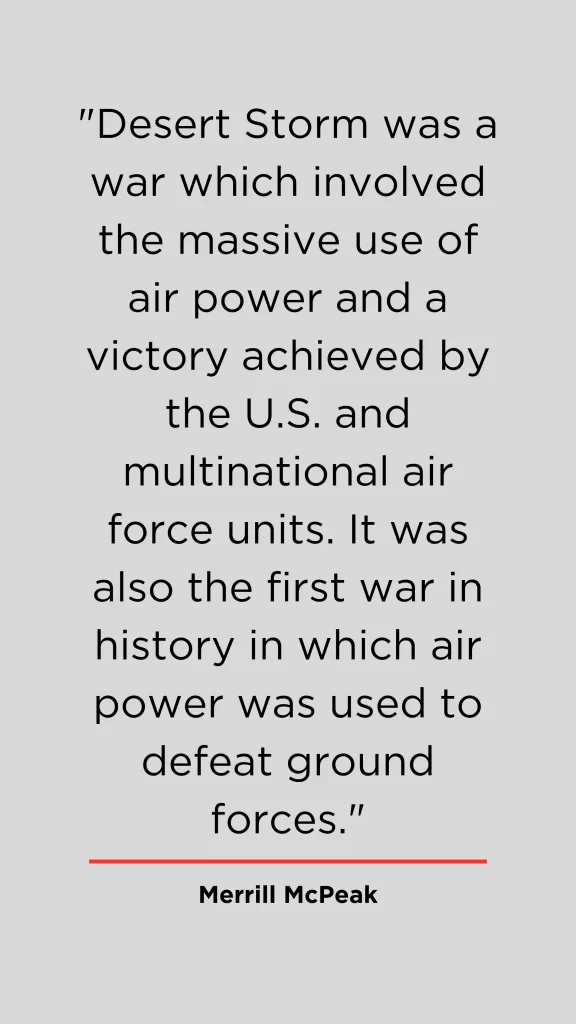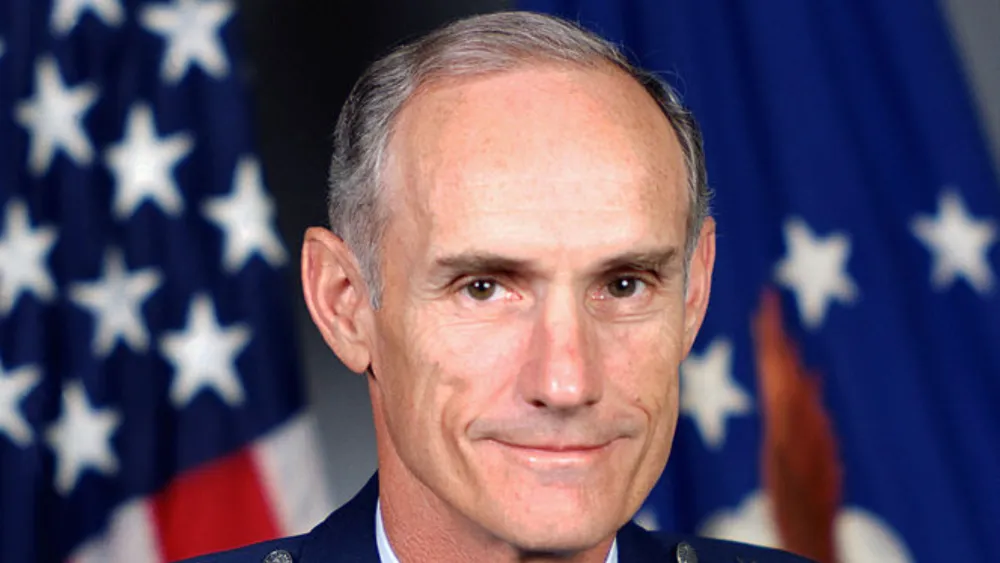I first came across the name Merrill McPeak while digging into the legacy of high-ranking officers who shaped modern military doctrine. At the time, I wasn’t looking for a political figure or a media personality—I was looking for a commander who understood leadership from the cockpit to the command center. That search led me to General Merrill A. McPeak, a man whose legacy is still debated in military circles but undeniably etched in the history of the U.S. Air Force.
From Fighter Pilot to Four-Star General
McPeak’s career began not in a strategy room, but in the sky. He started as a fighter pilot, logging over 6,000 flying hours—something only a few officers at his level can claim. That alone grabbed my attention. From the F-100 Super Sabre to the F-104 Starfighter, and later F-4 Phantoms and F-15 Eagles, McPeak wasn’t just a decision-maker; he was a hands-on warrior.
I grew up in a military household, where pilots were spoken of with reverence. Reading that McPeak flew 269 combat missions during the Vietnam War, mostly in F-100s, instantly resonated with me. He wasn’t some administrator; he lived and led from the front, earning the Silver Star, Distinguished Flying Cross, and Air Medal with 16 oak leaf clusters.
The Gulf War and a Vision for Change
When McPeak became the 14th Chief of Staff of the U.S. Air Force in 1990, the Cold War was ending, but the skies weren’t getting any quieter. The world was about to witness Operation Desert Storm, where air dominance was crucial. As someone deeply fascinated by that era, I paid close attention to how the Air Force functioned during the Gulf War. McPeak was instrumental in coordinating air operations, ensuring that the USAF’s contribution was strategic and lethal.
What impressed me the most wasn’t just his operational role—it was his vision for structural change. He proposed one of the most comprehensive organizational overhauls in Air Force history. His controversial reorganization disbanded Tactical, Strategic, and Military Airlift Commands, consolidating them under a single Air Combat Command. It was a bold move that many respected, and some criticized, but you can’t say it lacked guts.
Reforming the Air Force from the Inside Out
In a world where most reforms are cosmetic, McPeak’s changes were structural. He revamped the command structure, revised how wings were organized, and pushed for modernization of the aircraft fleet. For many service members, these changes were disruptive, but sometimes, disruption is exactly what an institution needs to evolve.
Having spoken with several Veterans who served during his tenure, I learned that the opinions on McPeak vary, and they vary strongly. Some admire his no-nonsense approach and vision for modernization, while others critique the speed and manner of change. But what’s consistent is the acknowledgment that McPeak tried to bring the Air Force in line with the realities of a post-Cold War world.
I remember reading a quote from one of his detractors, who said, “He flew too high, too fast.” But isn’t that what fighter pilots do?
A Leader with Backbone in and out of Uniform
When Merrill McPeak retired in 1994, he didn’t disappear into the shadows. He took a bold step that most four-star generals avoid—entering the political arena. He supported political candidates and even served as a national co-chairman for Barack Obama’s 2008 presidential campaign. This move surprised me. It’s not common for military figures, especially those from conservative-leaning backgrounds, to cross into overt political advocacy. But McPeak never seemed interested in playing by the book. What this showed me was that McPeak’s sense of duty didn’t end with retirement. Whether you agree with his politics or not, there’s something to be respected in a man who keeps fighting for what he believes in—even outside the chain of command.

The Legacy Veterans Still Talk About
War Veterans—especially those of us who’ve served under varying leadership styles—know that not all generals leave the same impression. Merrill McPeak is one of those leaders you remember, even if you didn’t serve directly under him. His reforms still influence how wings are structured and how operations are coordinated. Whether it’s your deployment orders, training cycles, or air mobility structure—you’ve felt his imprint.
The Air Force uniform changes, the restructuring of command roles, even aspects of Joint Operations doctrine—all bear signs of McPeak’s tenure. You don’t get to that level without both stepping on toes and changing the game.
One thing that stuck with me from my reading was how he described leadership: “Leadership isn’t about being popular; it’s about doing what’s necessary.” That line rings true whether you’re a squad leader in the field or a general in the Pentagon.
Why He Still Matters Today
Merrill McPeak isn’t just a figure from military history books. He’s a case study in how to balance tradition with transformation, how to lead from both the cockpit and the conference room. In many ways, he represents the type of leadership we still seek in today’s shifting global landscape.
I’ve read his autobiography and gone through official bios and even critical commentaries, and the common thread is clear: he was a leader unafraid of difficult choices. You don’t have to agree with every decision he made to appreciate the complexity of his role or the vision behind his actions.
A Veteran’s Take
To any fellow Veterans reading this, Merrill McPeak’s name might stir up mixed feelings. That’s understandable. But in my view, his legacy is one of transformation, risk-taking, and unflinching commitment to the evolution of our armed forces.
He wasn’t just a general—he was a pilot, a strategist, a reformer, and even a citizen advocate post-retirement. And in every chapter of that life, he brought the same intensity he likely had every time he throttled an F-100 into the sky.
That, to me, is worth remembering.











